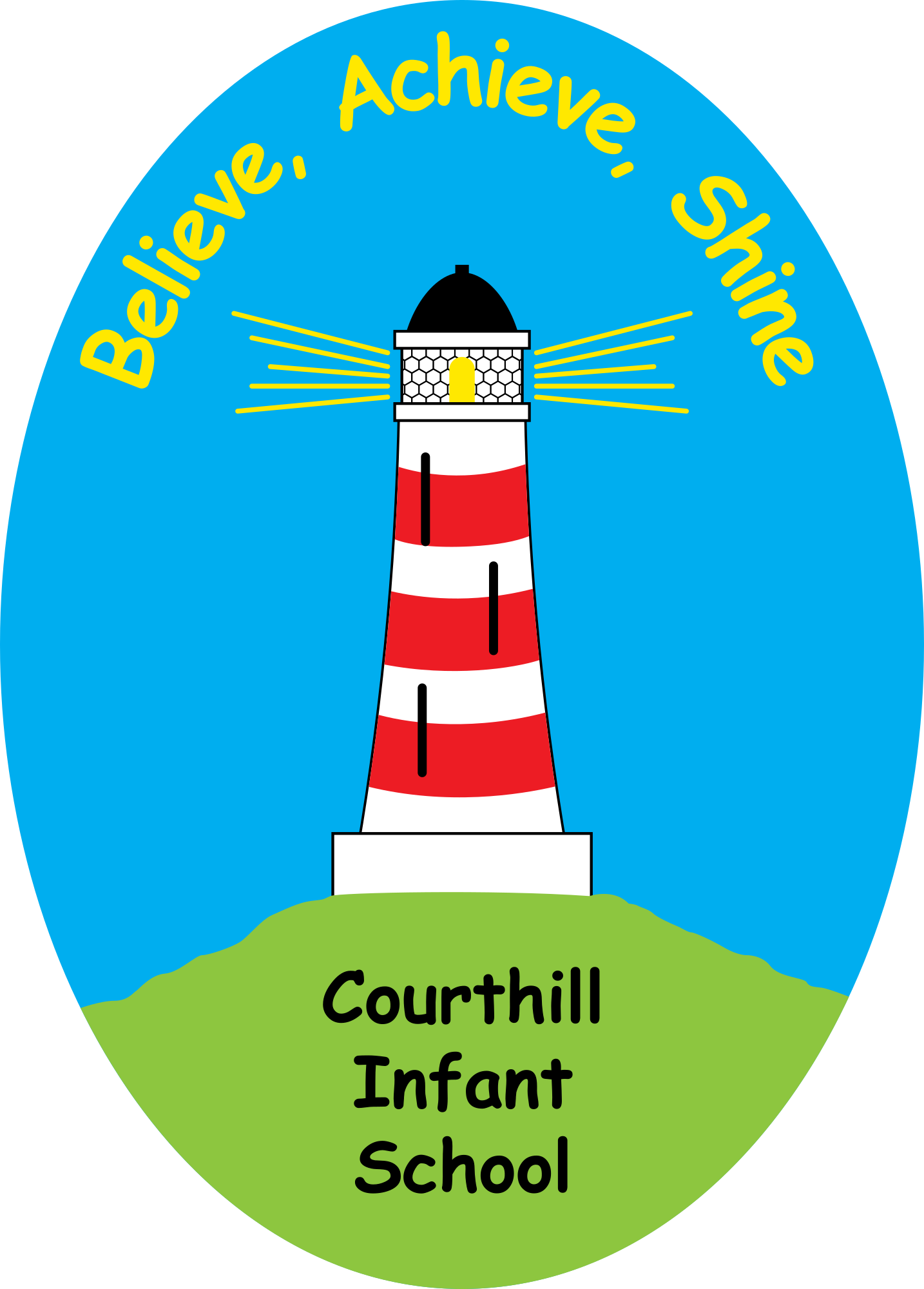Online Safety
It is a growing concern in our society to be able to keep ourselves and our children safe on-line. The Internet is designed as a tool to gather information, communicate with friends and family (near or far) and have fun. We are fully aware that there is pressure on parents to allow their child more freedom on-line and this can be a good thing providing you ensure that you know what your child is doing. Even though our children are still young (there is some argument to getting them comfortable with what is safe online from this age) they need to be monitored and made aware of what to do if something makes them feel uncomfortable.
At Courthill we recognise that the internet gives children access to an extraordinary range of information that can help support their learning across the curriculum. Alongside encouraging them to use this fantastic wealth of information to enhance their research, we teach them to use safe and responsible behaviour when online.
We utilise the Internet throughout the school. All children have access to ICT equipment that is fully networked providing internet access and teachers use interactive whiteboards which are connected to the school internet. Pupils are always supervised when using these facilities.
If you have any queries regarding our internet safety procedures, please e-mail Mrs Churchill with any queries via office@courthill.coastalpartnership.co.uk
Please click on the links below for further information and also see our IT and Communications Systems policy which incorporates Online Safety.
Autumn 1 - Online Safety Update
At Courthill we have a strong belief that all children need to learn the basics of online safety from an early age to secure safe boundaries for their online life in the future. Research shows that the more parents and carers engage in open conversations with children, the more forthcoming children are likely to be if they encounter problems in future. We teach the children about ‘Zip it, Block it, Flag it’. This helps them understand that personal information – such as their name, age, school and address – needs to stay private 4 (Zip It). We talk about the children knowing that they have to be kind online as well as in real life, just as they do in real life and if people are unkind, they do not have to talk to them (Block it). They also have an understanding of who a ‘trusted adult’ is and if something makes them feel uncomfortable, they should tell this adult (Flag it). If you have any online safety concerns, please do not hesitate to speak to me.
